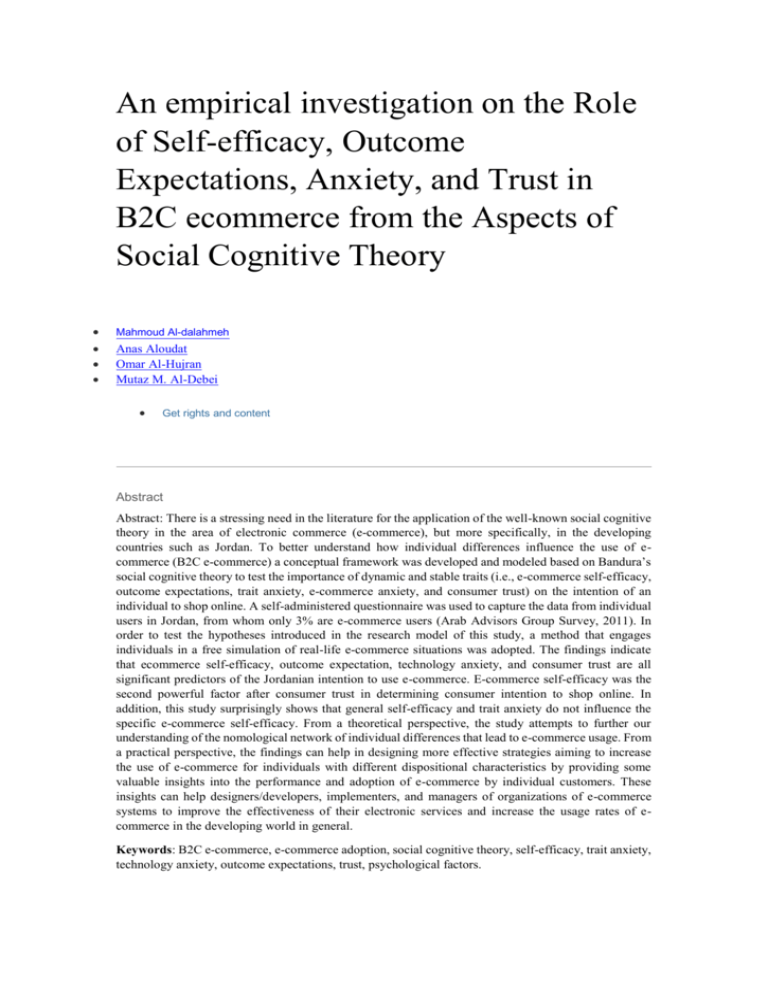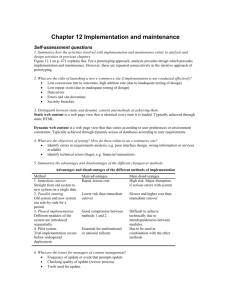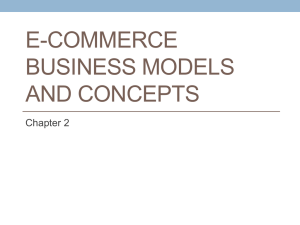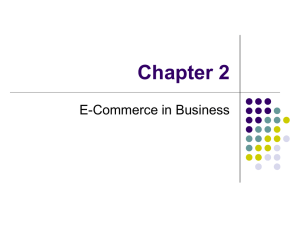Abstract
advertisement

An empirical investigation on the Role of Self-efficacy, Outcome Expectations, Anxiety, and Trust in B2C ecommerce from the Aspects of Social Cognitive Theory Mahmoud Al-dalahmeh Anas Aloudat Omar Al-Hujran Mutaz M. Al-Debei Get rights and content Abstract Abstract: There is a stressing need in the literature for the application of the well-known social cognitive theory in the area of electronic commerce (e-commerce), but more specifically, in the developing countries such as Jordan. To better understand how individual differences influence the use of ecommerce (B2C e-commerce) a conceptual framework was developed and modeled based on Bandura’s social cognitive theory to test the importance of dynamic and stable traits (i.e., e-commerce self-efficacy, outcome expectations, trait anxiety, e-commerce anxiety, and consumer trust) on the intention of an individual to shop online. A self-administered questionnaire was used to capture the data from individual users in Jordan, from whom only 3% are e-commerce users (Arab Advisors Group Survey, 2011). In order to test the hypotheses introduced in the research model of this study, a method that engages individuals in a free simulation of real-life e-commerce situations was adopted. The findings indicate that ecommerce self-efficacy, outcome expectation, technology anxiety, and consumer trust are all significant predictors of the Jordanian intention to use e-commerce. E-commerce self-efficacy was the second powerful factor after consumer trust in determining consumer intention to shop online. In addition, this study surprisingly shows that general self-efficacy and trait anxiety do not influence the specific e-commerce self-efficacy. From a theoretical perspective, the study attempts to further our understanding of the nomological network of individual differences that lead to e-commerce usage. From a practical perspective, the findings can help in designing more effective strategies aiming to increase the use of e-commerce for individuals with different dispositional characteristics by providing some valuable insights into the performance and adoption of e-commerce by individual customers. These insights can help designers/developers, implementers, and managers of organizations of e-commerce systems to improve the effectiveness of their electronic services and increase the usage rates of ecommerce in the developing world in general. Keywords: B2C e-commerce, e-commerce adoption, social cognitive theory, self-efficacy, trait anxiety, technology anxiety, outcome expectations, trust, psychological factors.








